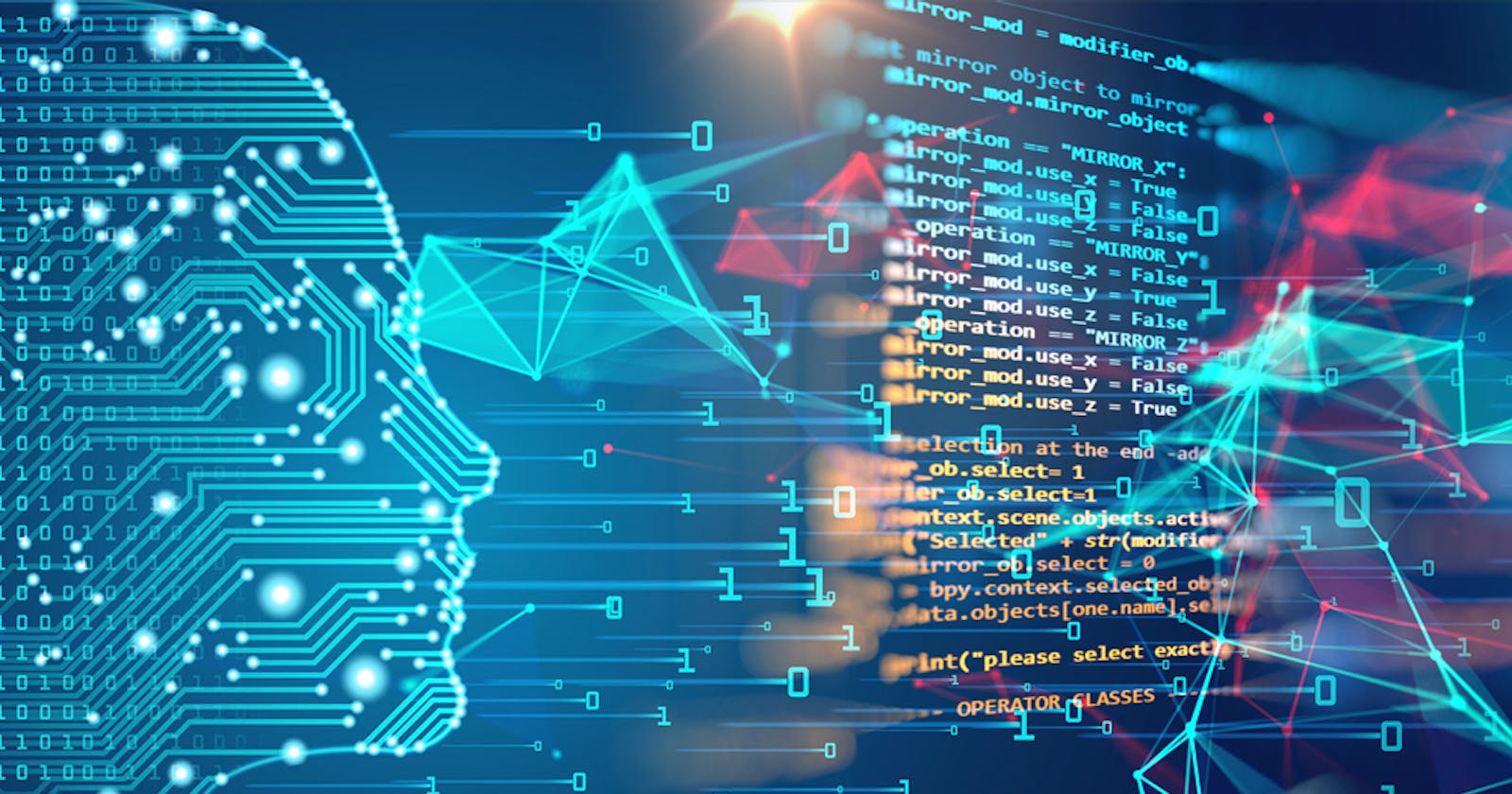Unlocking Microbial Mysteries: Machine Learning's Journey into Microbiology
Microorganisms are all around us, unseen but influential, shaping our world and reminding us of our deep connection to nature. Their presence enriches our lives, from the air we breathe to the food we enjoy. The detailed study helps in unraveling the secrets of the microbial world.
With the advent of Machine Learning, a powerful branch of artificial intelligence, a new era of discovery has emerged. We can now look into aspects that were left undiscovered as it performs the analysis of complex and large datasets and it also has the potential to improve healthcare facilities.
Machine learning aims to use mathematical insights to optimize variational functions to aid microbiology, using various types of available data to help humans organize and then apply the collective knowledge of various research objects in a systematic and scaled manner. In this blog, we will explore how machine learning is revolutionizing the field of microbiology, opening up new avenues for exploration.
Predictive Analytics and Disease Outbreaks
Machine learning algorithms empower scientists to predict and track disease outbreaks with unprecedented accuracy. ML models can identify patterns and predict the spread of infectious diseases by analyzing vast datasets, including genomics, epidemiological records, and social media data. This capability enables early detection, rapid response, and effective intervention strategies, allowing public health officials to mitigate the impact of epidemics and save lives.
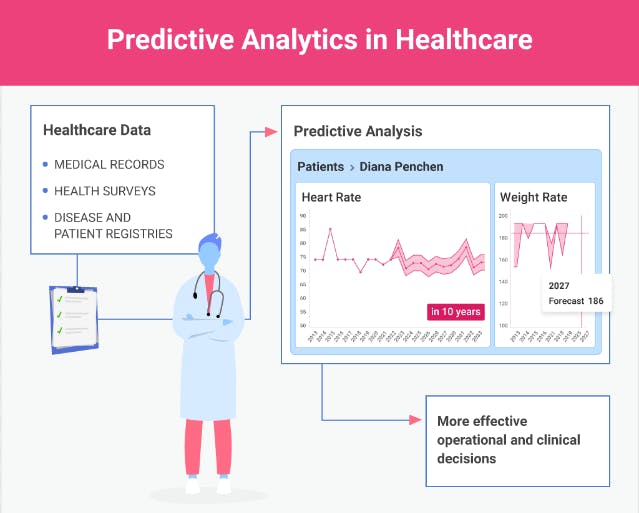
Antibiotic Resistance and Drug Discovery
Machine Learning is pivotal in identifying genetic markers associated with antibiotic resistance. ML models analyze extensive genomic data, enabling researchers to decipher the mechanisms behind resistance and develop strategies to combat it. Additionally, Machine Learning accelerates the drug discovery process by leveraging deep learning algorithms for rapid screening of potential antimicrobial compounds, revolutionizing the fight against antibiotic resistance.
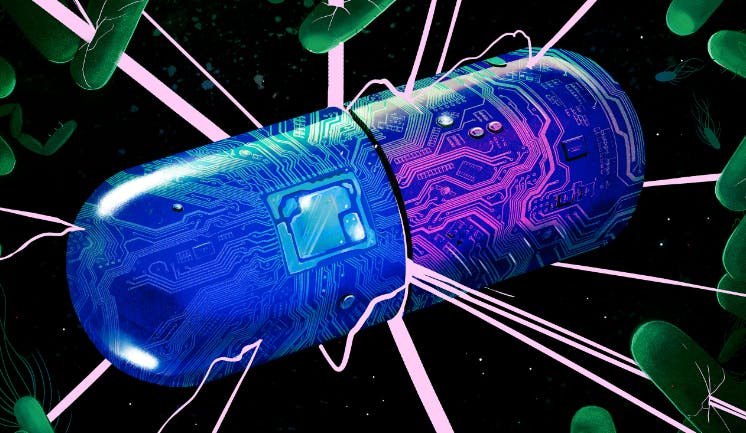
Metagenomics and Microbial Community Analysis
Metagenomics is basically the direct genetic analysis of genomes present within an environmental sample. ML algorithms analyze complex metagenomic datasets, unraveling the composition and functions of microbial populations. By identifying hidden patterns and relationships, machine learning algorithms can detect novel microbial species, predict their functions, and also uncover the intricate dynamics of microbial communities. This knowledge opens doors for applications in environmental conservation, agriculture, and bioremediation.

Personalized Medicine and Microbiome Analysis
Machine Learning is transforming personalized medicine through the analysis of the human microbiome. The microbiome is the collection of all microbes, such as bacteria, fungi, and their genes, that naturally live on our bodies and inside us. ML algorithms decipher the complex relationship between microbial communities and human health conditions. By identifying the microbial signatures associated with specific diseases, Machine Learning enables personalized medicine approaches. This breakthrough understanding of the microbiome's impact on health holds immense potential for developing tailored therapies and interventions, leading to improved patient outcomes.
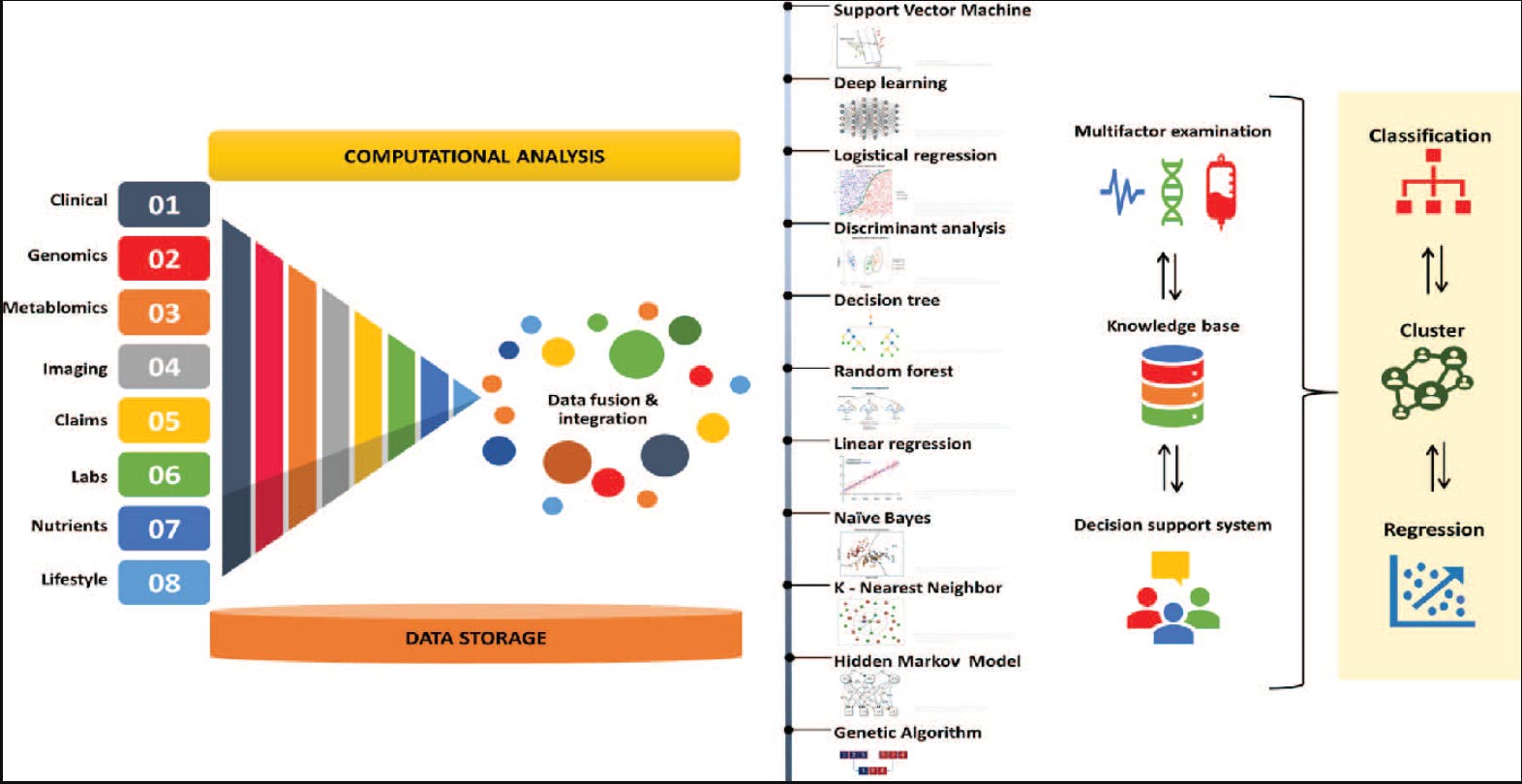
Bioinformatics and Genome Annotation
In the field of bioinformatics, Machine Learning techniques are invaluable. Bioinformatics is a scientific subdiscipline, that develops methods and software tools for understanding biological data, especially when the data sets are large and complex. ML algorithms facilitate genome annotation and analysis, providing insights into gene functions, regulatory elements, and their evolutionary history. Researchers gain a deeper understanding of microbial physiology, genetic pathways, and environmental interactions using ML techniques. This knowledge enhances our ability to explore and manipulate microorganisms for biotechnological applications and advancements in synthetic biology.
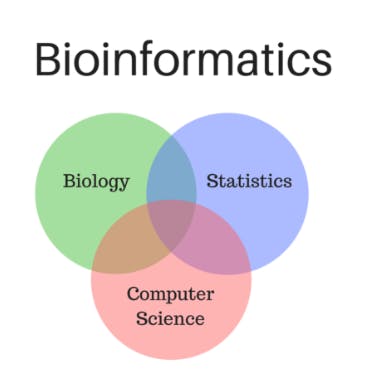
Conclusion
Machine Learning has emerged as a game-changer in microbiology, revolutionizing our understanding of the microbial world. Through predictive analytics, antibiotic resistance research, metagenomics analysis, personalized medicine, and bioinformatics, Machine Learning is enabling scientists to unlock the secrets of microorganisms. As ML advances further and more data becomes available, the potential for groundbreaking discoveries in microbiology expands exponentially. By harnessing the power of machine learning, researchers worldwide are illuminating the mysteries of microorganisms, paving the way for transformative applications and enhancing our understanding of the vital role microbes play in our world.
